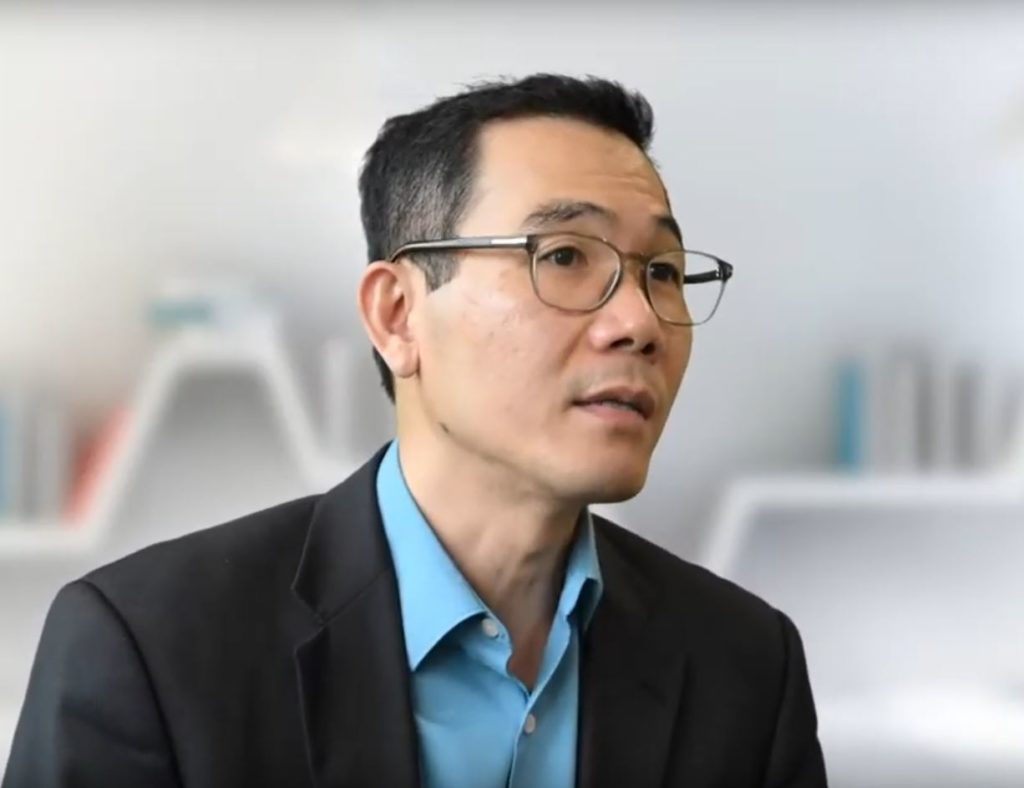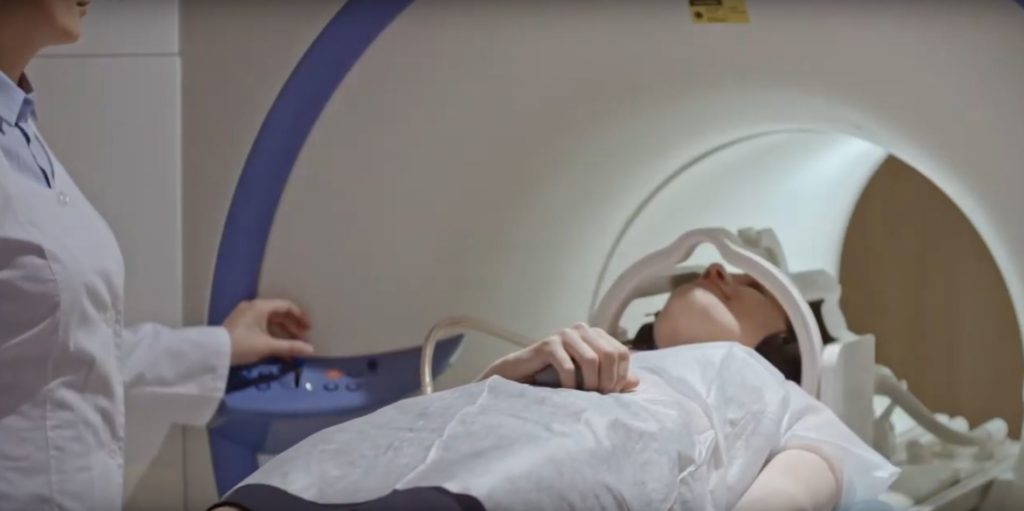What if You Could Take Cancer Cells and Make Them Into the Therapy?
This discovery gives cancer a one-two punch
Cancer is the second leading cause of death in America and is the singular focus of research labs across the globe – with so much brain power tackling this problem, why does the solution remain elusive? Unfortunately, cancer isn’t just one thing: it can take many different forms and is the product of innumerable causes. So how can we even approach a solution?
Historically, cancer has been studied using molecular techniques to identify key genetic factors that lead to tumor formation. The question is, “In the absence or presence of a particular gene, what would happen to the cancer?” Researchers try to answer this question by disrupting genes either by altering the genetic code or blocking their function with drugs or introducing genes using various molecular methods. These techniques have deepened our understanding of how some cancers are formed and have led to the development of many cancer therapies to date. However powerful, this approach is still inefficient.
“We know that cancers are collections of a vast number of mutations, and sometimes it’s extremely difficult to study even one gene. To study many, many genes at the same time can take a long time, even decades before we are able to understand exactly what and how these genes work together,” said Dr. David Tran, associate professor and chief of the Division of Neuro-Oncology in the Department of Neurosurgery and co-recipient of a UF Innovate’s Inventions of the Year award, an honor highlighted at Standing InnOvation 2020.

Using AI to comb genomic data for ‘master regulators’
Tran and his team of faculty and post-doctoral researchers represent a now-common trend in biological research: increasingly, white lab coats are hung up on hooks, while their occupants are hard at work in front of their computer screens. A medical oncologist by training, Tran adopts a “broad spectrum” approach to innovation, integrating both “dry” (computational gene discovery) and “wet” lab (working hands-on) research methods to develop precision and personalized therapies. Tran’s goal is to translate computational data into experimental validation and, ultimately, effective and safe treatments, which can be tested in clinical trials.
A critical part of Tran’s invention is a novel artificial intelligence (AI) system, which was developed with his collaborator, Assistant Professor Dr. Son Le. Their AI engine scours through enormous amounts of genomic data generated in their lab and in online databases, looking for trends associated with cancer development. Their goal is to find “master regulators” – genes that are critical for regulating a network of other genes that promote cancer cell survival, resistance to therapy, or the ability to evade the immune system.
Think of master regulators as being the kingpin of a crime syndicate who leads countless goons wreaking havoc on the system. Identifying and stopping the kingpin is more efficient at preventing crime than stopping the goons. This technology also can be applied to discover master regulators of other biological outcomes in both health and disease, such as master cell fate regulators to mitigate organ dysfunctions and failure. “Our vision is that this will become the norm, not the exception because human biology is so complex,” said Tran. “Doing molecular techniques where we look at one gene or two genes at a time is not going to be able to give us the answer that we are looking for. Having a computer look at 20,000 genes in a human cell – all at the same time – and how they change and interact with each other at the molecular and global levels – is the way of the future.”
Using AI to develop cancer immunotherapy
Discovering cancer kingpins is just the beginning. Their AI technology also is being used to develop another type of cancer immunotherapy and regenerative medicine, which involves engineering human cells from one type into another.
Immunotherapy is usually developed by taking the genetic materials or tissues from cancer cells to “train” immune cells to make a kind of “vaccine” that is re-injected into the patient. Our bodies naturally do this via dendritic cells, which work by “sampling” tumors to educate our immune system. Sometimes dendritic cells have a hard time migrating to the tumor to sample the cancer cells, either due to the tumor’s location (such as in the brain) or the physical qualities of the tumor itself, as often is the case for many cancers including brain, breast and pancreatic cancers.

Tran and his team thought outside the box: Instead of trying to figure out how dendritic cells could overcome these migrating and sampling roadblocks, they asked if it was possible to make dendritic cells out of the cancer cells themselves. Tran and his team already had demonstrated that it is possible to convert cells from one type into another by identifying master cell fate genes through AI that are critical for that conversion. This type of therapy would be a one-two punch by both eliminating the cancer cells and turning those cells into the therapy itself. “Taking those cancer cells and converting them to the immune cells is just a very novel approach and has the potential to really change the way we look at cancer therapy,” said Rachel Harding, licensing officer at UF Innovate | Tech Licensing. “Instead of applying drugs, we are actually using the cells that are already there in the tumor to become the therapy and recruiting the body’s immune system to actually attack the tumor.”
Moving discoveries out of the lab
Despite the success and promise of his research, Tran said it was difficult to know how to translate what they discovered into something tangible outside the lab. That’s how Tran learned about Tech Licensing. The value in working with UF Innovate | Tech Licensing was the staff’s ability to see his research for its true commercial potential and to attract the outside funding to allow him to continue and expand on his work.
Tran praised the Tech Licensing team for being positive, responsive and professional, and for connecting him with a network of patent professionals to help navigate the legal technicalities around tech licensing.
Along with Dr. Son Le, his post-doctoral researcher associates (particularly Dr. Dan Jin), and the UF Innovate team, Tran was able to bring this dream into reality. “Even though I am nominated for this award for this invention, this invention and all the inventions in my lab [are] a collective, collaborative effort of the entire team,” he said. “Without us working together, this wouldn’t be possible.”
Written by Jenelle Patterson, a marketing volunteer at UF Innovate | Tech Licensing. Jenelle is a postdoctoral candidate in UF’s horticultural sciences department.
